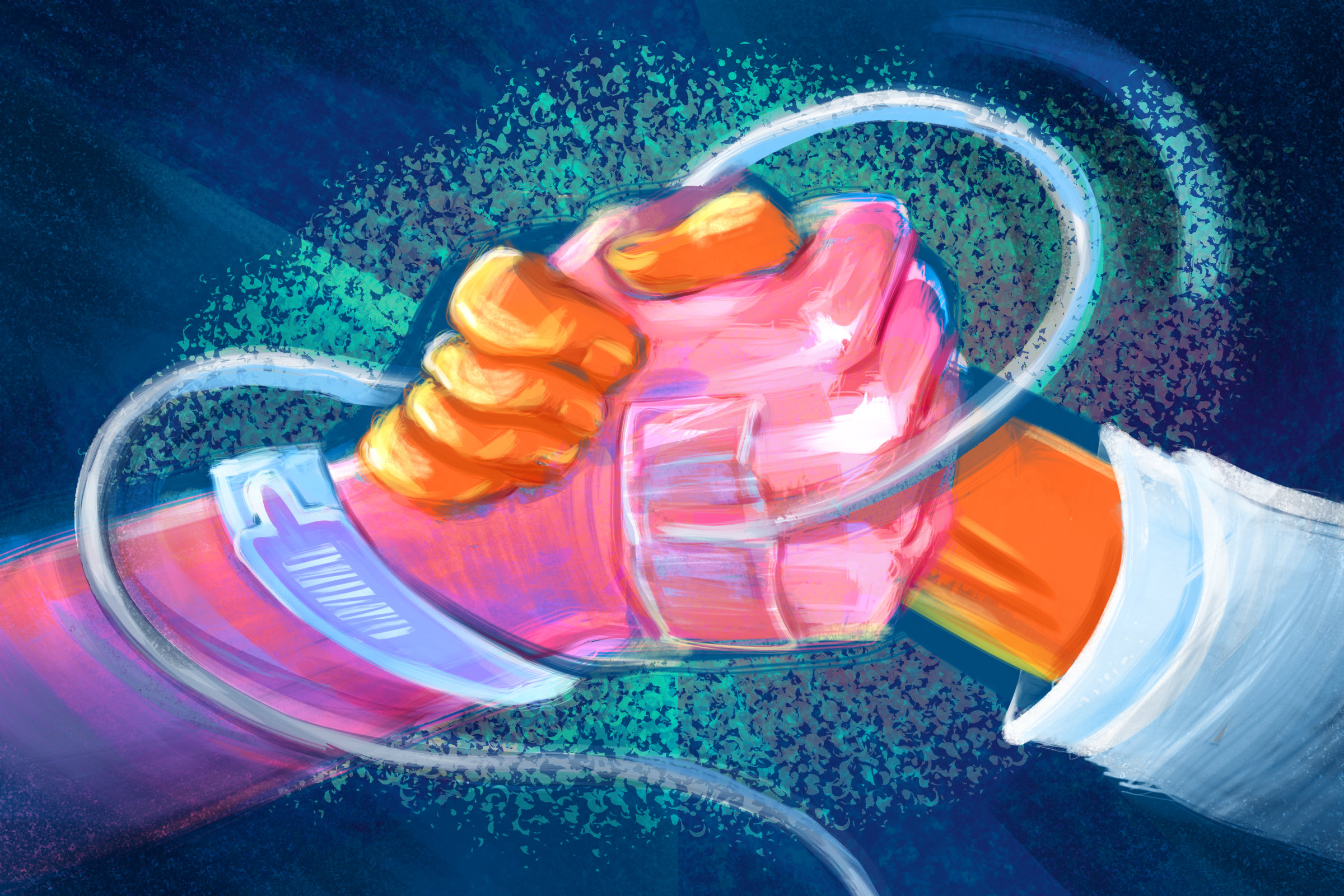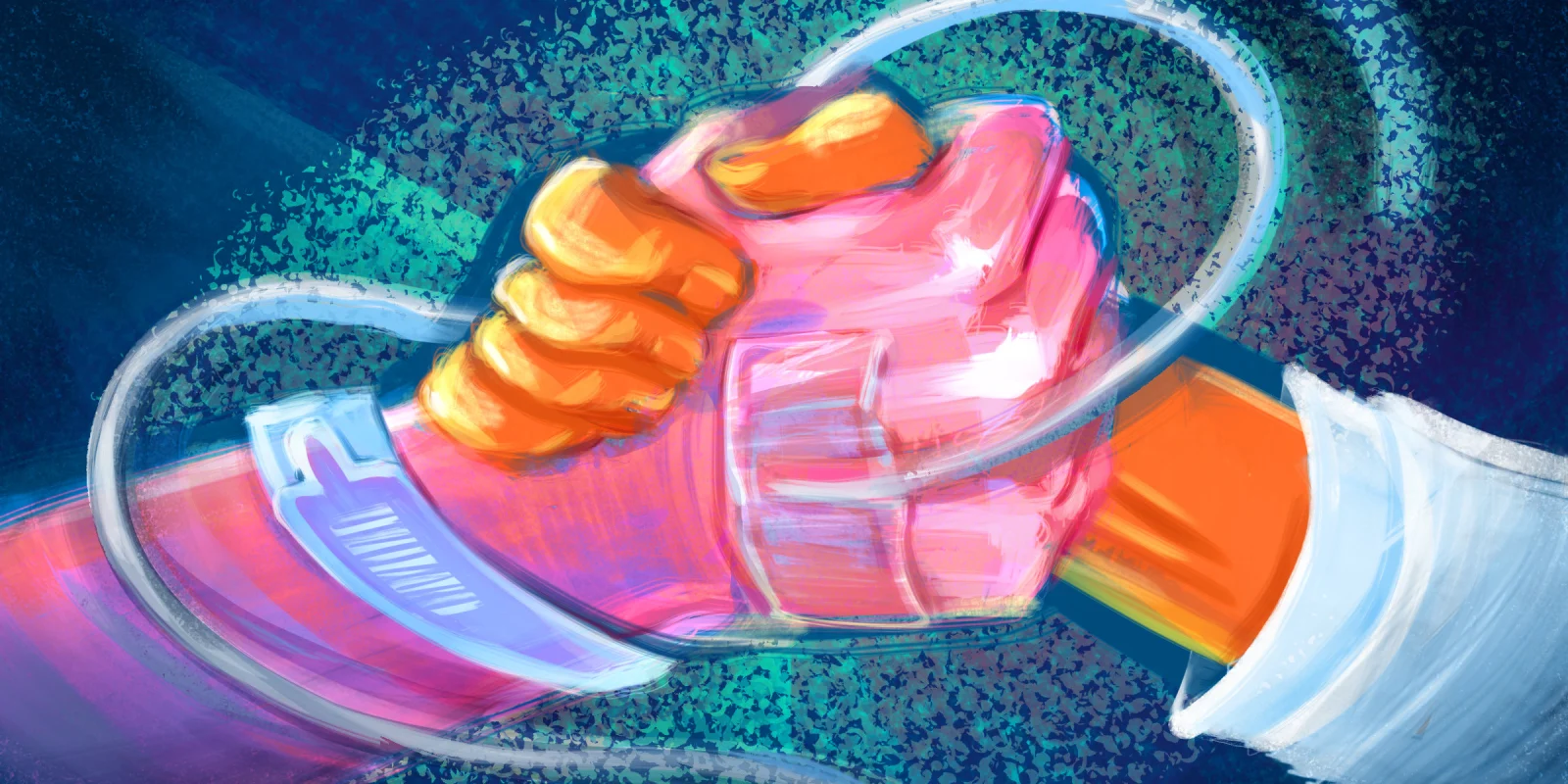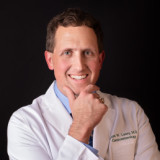 By the time I graduated from high school, I didn’t know what I wanted for an eventual career, but I knew with certainty that I didn’t want to be a doctor or a lawyer. Who wants to go to school that long? In college, I had plans to apply to the business program to pursue a degree in marketing. In the spring of my freshman year, I spent spring break with my family on a medical mission trip to Juarez, Mexico. I went as a translator to get some “field experience” speaking Spanish, with no plans beyond the application of my language skills.
By the time I graduated from high school, I didn’t know what I wanted for an eventual career, but I knew with certainty that I didn’t want to be a doctor or a lawyer. Who wants to go to school that long? In college, I had plans to apply to the business program to pursue a degree in marketing. In the spring of my freshman year, I spent spring break with my family on a medical mission trip to Juarez, Mexico. I went as a translator to get some “field experience” speaking Spanish, with no plans beyond the application of my language skills.
We partnered with the Christian Medical and Dental Association at UT Southwestern Medical School, setting up free clinics in churches across the border, ministering to the physical and spiritual needs of the community. The poverty was breathtaking. Dozens of people came to our clinics, having walked miles with no shoes to see us. Unfortunately, our treatment capabilities were limited to analgesics, antibiotics, and assorted treatments mostly for acute maladies.
My most amazing experience was with an elderly woman who had walked about four miles to see us. Her fingers and toes were severely deformed from rheumatoid arthritis, and she was obviously in daily pain. I translated the encounter for the physicians and the patient, and we eventually concluded that while there wasn’t much we could do in the long term without surgery (which she couldn’t possibly afford), we could at least offer her some ibuprofen and acetaminophen to try to help with her pain. We’d had to ration our medications so they would last the full week at the clinic, so we were only able to give her about 30 tablets. She broke down crying and hugged everyone with genuine gratitude for what she saw as incredible generosity. She asked to pray for our team, and I translated the prayer for her. I don’t think there was a dry eye among us after that.
It was at that moment that I first felt God nudging me toward a career in medicine. During the remainder of that week, the nudging became stronger and louder; by the end of that week, I was certain medicine was my calling. When I returned from spring break, I went to my advisor and changed my major to biomedical sciences. I crammed the entire pre-med curriculum (90 hours) into the next 2 ½ years, and I never looked back. It’s been 14 years, and I still wake up every day excited about the opportunity to care for my patients.
Idealism is a part of my DNA, and I have no intention of ever losing the joy that I felt in that first encounter so long ago. But sometimes, it can be hard to maintain idealism, especially surrounded by the mentality that so many people in my profession have adopted. It amazes me to hear the despair with which some people talk about their profession. I’ve seen Facebook posts asking, “Would you recommend the medical profession to your children?” – and dozens (even hundreds) of people responding with an emphatic “NO!”
How is it possible that we spend 10–15 years of our lives training for a career that we ultimately wouldn’t recommend to anyone else? What gets physicians to that point? Is it the administrative hassles and oppressive regulatory burdens? Is it the decade of education we have to undergo before we get a “real job”? Is it the crushing yolk of student loan debt plaguing so many physicians for decades after graduating from medical school?
Whatever the reason, I contend that it’s irrelevant. Medicine is, at its core, an extraordinary calling. I believe that it is still one of the most exciting, noble, and impacting careers one can pursue. I choose to continue loving it. I choose to be excited about it every day. I choose to enjoy my chosen profession. I choose.
There are plenty of downsides to pursuing this career path. The training period is long. I was in school or training for 14 years before I started independently practicing gastroenterology. Some subspecialties take even longer. The huge student loan burden most people face, coupled with the decades-long delay in making a decent income puts physicians and other health care professionals way behind their peer group in terms of building wealth and making progress toward financial independence. In short, it’s not worth it for the money alone. If you do this job for the money, there’s no way you’ll ever make enough to be happy. The money can’t ever make up for a lack of enthusiasm for the work itself.
I continue to be idealistic about practicing medicine. I simply refuse to kowtow to prevailing attitudes of misery, entitlement, despair, and hopelessness. I love caring for people. I still enjoy hearing stories from my patients about how they’re doing. I enjoy getting to hold their hands through difficult times. I cherish the opportunity to comfort and care for them, and their families, throughout their lives. How many people get to do that for a living? Not many.
I hope health care professionals never forget the extraordinary calling that is the medical profession. May we never lose that sense of responsibility and joy that first called us to the field.
Brent W. Lacey, MD is a gastroenterologist and founder of The Scope of Practice, a website and podcast devoted to helping physicians and other healthcare professionals learn to manage their businesses successfully and master their personal finances. He can be reached at editor@TheScopeOfPractice.com.
Illustration by April Brust





